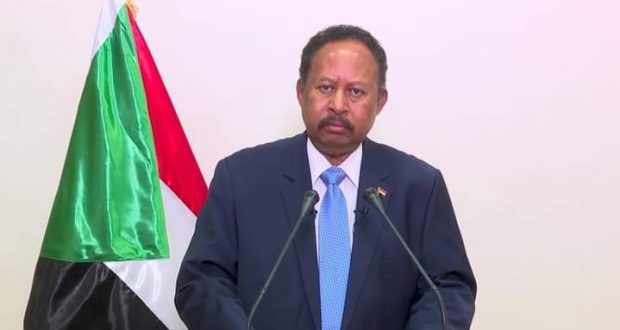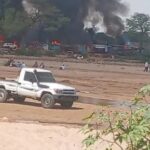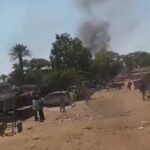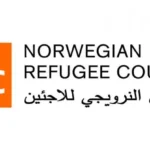Former Sudanese Prime Minister Abdallah Hamdok, head of the Civil Forces Coordination (Taqqadum), has once again urged the Commander-in-Chief of the Sudanese Armed Forces, Abdel Fattah al-Burhan, to meet with the Coordination to discuss a ceasefire and peace efforts.
In late December, Hamdok sent two letters to both al-Burhan and the commander of the Rapid Support Forces (RSF), Mohamed Hamdan Daglo “Hemetti,” proposing a meeting with the coordination’s leaders to address the ongoing conflict in Sudan.
While Hemetti responded favourably and met with coordination representatives in Addis Ababa on January 2, the army has yet to respond to Hamdok’s call.
The meeting between the RSF and the coordination resulted in the “Addis Ababa Declaration,” which outlines a commitment to a ceasefire if the army agrees to the measures. Hemetti also pledged to release 451 prisoners of war and open humanitarian corridors for aid delivery.
In contrast, Deputy Chairman of the Sovereign Council Malik Aqar has refused to meet with the coordination, denying receiving any request for a meeting. He has also criticized the Addis Ababa Declaration, characterizing it as an agreement between partners.
Responding to these statements, Hamdok stated on the X platform, “Today, I called on the Commander-in-Chief of the Sudanese Armed Forces to accept the request for a direct meeting with the Coordination of Civilian Democratic Forces (Taqqadum).”
Hamdok emphasized the opportunity to cease hostilities, as expressed in the Addis Ababa Declaration, where the RSF has expressed its readiness for a ceasefire through direct negotiations with the army.
“We must not waste this opportunity for peace and do our best to stop the war and build sustainable peace in our beloved country,” Hamdok stressed.
He reiterated the coordination’s commitment to a peaceful solution, stating, “We extend our clean hands to reach a peaceful, negotiated solution, and we hope that the warring parties will respond to this so that we can relieve the suffering of our people and build our homeland on a new foundation that makes the April 15 war the last of Sudan’s wars, to be followed by a sustainable peace.”








